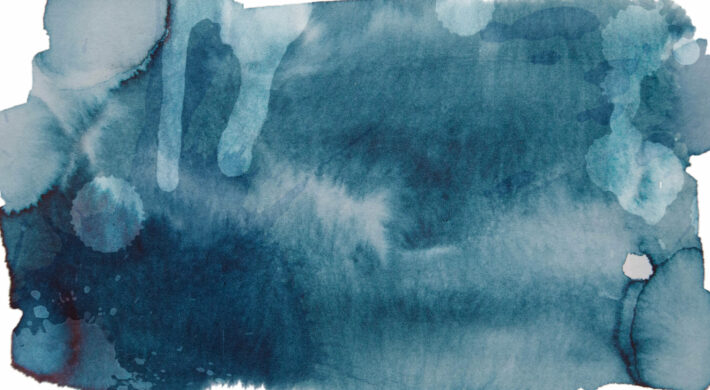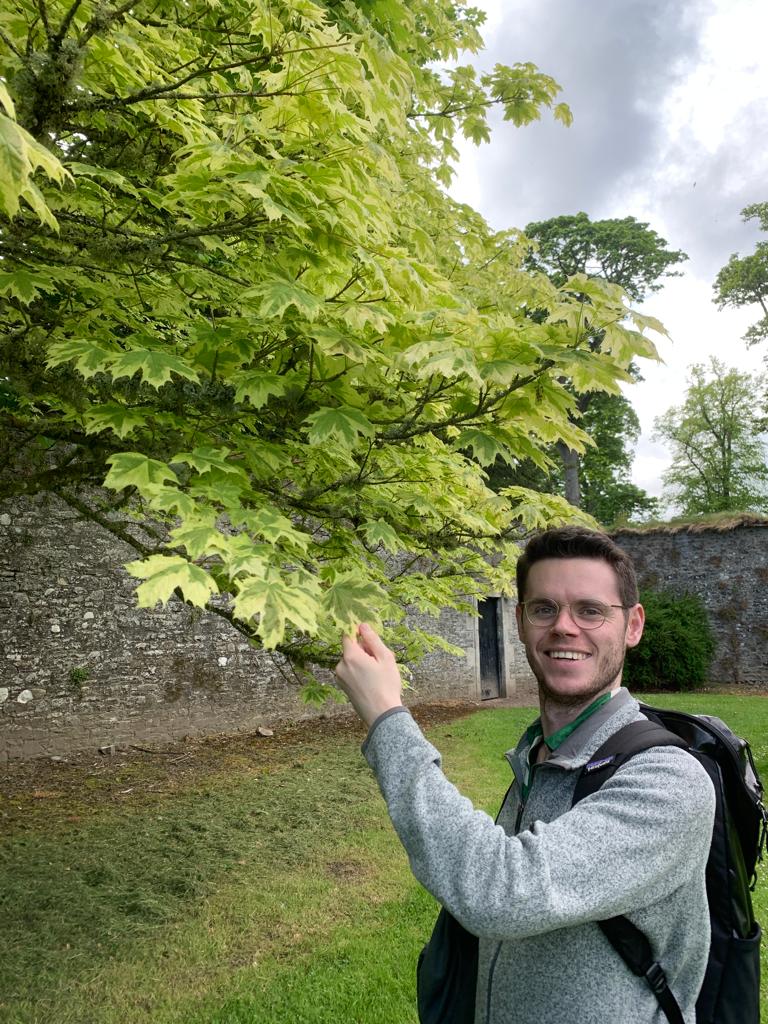spotlight on early-career researchers: mitchell lennan

Introduce yourself, your research area and where you work.
Hello! My name is Mitchell Lennan, and I am an early-career researcher (ECR) in law and the marine environment from the University of Strathclyde in Glasgow, Scotland. I have been part of the Hub since 2018, and my research focuses on ocean law and governance in the face of global environmental change. I have a joint background in international law and marine biology, and as a consequence of that I am interested in how law and science interact in research and practice. I have recently submitted my PhD thesis which focuses on climate change adaptation in international fisheries law, particularly in response to climate-induced shifting fish stocks.
What’s your greatest achievement since you started working for the One Ocean Hub?
I think the most interesting, varied, and rewarding work has been my ongoing legal research on the nexus between the ocean, climate change and human rights. Hub research has made it clear that ocean governance which integrates climate, biodiversity and human rights while also including traditionally marginalised voices, communities, cultures, and knowledge systems is essential to tackling the climate crisis, the preservation and protection of human rights, and the achievement of several Sustainable Development Goals.
For example, the United Nations Framework Convention on Climate Change (UNFCCC) 26th Conference of the Parties (COP26) was held in my home city of Glasgow in November 2021. Ahead of the fanfare and arrival of delegates and climate activists from (some, but not all) parts of the world, I authored a policy brief based on Hub research arguing for explicit inclusion of the ocean in the climate change regime. Working on this was a wonderful exercise in showcasing the breadth and depth of the Hub’s research to advocate for something I care passionately about. COP26 saw the official integration of the ocean for the first time across all areas of work under the UNFCCC. I have been following recent developments closely, including the informal ocean-climate dialogue at the UNFCCC intersessional conference in Bonn, where Hub Director Professor Elisa Morgera and I presented a poster on ocean-based climate action and human rights.
I think each successive COP now represents a window of opportunity to contribute to policy coherence in ocean governance to address the climate crisis. There is still a huge amount to still be done in raising awareness of the ocean in international climate negotiations. to that end, I am part of the Hub’s delegation attending COP27 in Sharm el-Sheikh in a few weeks’ time, and look forward to participating in numerous side events organised by the Hub and several of its partners.
How does your work contribute to shaping the One Ocean Hub’s interdisciplinary endeavours?
Although I am primarily a legal researcher, my joint science and law background means my work takes an interdisciplinary approach. I work together with Hub researchers from marine social science, biology and the arts on a range of topics from fisheries crime to seabed mining and climate change adaptation. From this experience I’ve gained an appreciation of the value of Inter- and transdisciplinary research approaches and their necessity for the co-production of knowledge and implementation of ocean-based climate solutions.
What opportunity has the Hub provided you to lead on innovative research? How has the Hub enhanced your leadership skills?
Working closely with my supervisor Elisa Morgera, and Hub colleagues including Alana Lancaster and Senia Febrica on climate change and the ocean. Much of the work focuses on the importance of ensuring human rights – especially children’s rights – are protected in ocean-based climate mitigation and adaptation, which has led to a plethora of innovative and collaborative research opportunities with Hub colleagues.
With the Hub, I have had a number of opportunities to advance the conversation on this topic on multiple levels. Most recently, I have led on submissions to the UK Government, the UNFCCC, and the Special Rapporteur on Climate Change and Human Rights. These have been particularly impactful and it is incredibly rewarding seeing your own work included in a high-level report by the UN or a Government. Another exciting project is a special issue I am co-editing which is to be published in The International Journal of Marine and Coastal Law next year. It argues that research priorities on ocean-based climate action should be identified on the basis of the interdependencies of human rights and the climate and ocean nexus across several international processes and fora. I am also collaborating on a number of peer-reviewed publications on the ocean-climate-human rights nexus, including an article on the importance of including the ocean in the upcoming UN General Comment on Children’s Rights and the Environment. On top of the ‘big’ opportunities, there are always smaller projects to lead or participate in including webinars, blog posts, or position papers on particular topics.
What, in your view, have been the Hub’s most impactful activities?
I would say the networked response by Hub researchers in contributing to the success of the recent Seismic Survey Case against Shell in South Africa. The other research I’d like to draw attention to is the Hub’s research on the deep sea with a view to inform its management. The deep sea provides a multitude of ecosystem services that are vital for enjoyment of our human rights. Including genetic resources (i.e., the active enzyme in the Covid-19 test is from a sea sponge found in the deep sea) and climate regulation. There is so much going on down there and yet we know so little about it! The deep sea is understudied and underappreciated and I think the Hub is going a long way to change that.
What are the aspects of working in a collaborative environment such as the One Ocean Hub that you value the most?
I think from my answers above I have illustrated the sheer volume of impactful, high quality work on the ocean that Hub researchers co-produce. There really is strength in numbers, and the Hub’s collaborative and supportive environment means you can work on a number of projects without spreading yourself too thin or engaging with them superficially. Interdisciplinary collaboration breaks down research silos and can produce fantastic work on oceans law and governance, for example. On that note, a group of fellow early-career researchers (ECRs) and I are developing an interdisciplinary paper that reflects on embedded knowledge hierarchies in ocean governance research – watch this space!
What are the challenges and new demands that early-career researchers face today?
There are a phenomenal number of pressures on ECRs. Challenges include securing funding, researching and publishing for impact, maintaining productivity, time management, engagement with academic and non-academic partners, and balancing your professional and personal life. I believe there is also pressure to be very visible online for promotion of your work, which can become consuming and detrimental to your work/life balance. There is also a need for ECRs to play an active role in challenging ongoing institutional inequalities, which can be difficult for some for several reasons, not just the ones listed above.
What is your advice to fellow early-career researchers working on a global development project?
I would like to reiterate Mia Strand’s answer to this question from the previous ECR Spotlight: Always be critical and question as to who is benefitting from the project and why you are undertaking your research and to what ends. I also think self-reflection on your own bias and privileges is also incredibly important. One benefit of being a Hub ECR is that there are many of us, and there are always opportunities to support one another. So, my closing advice would simply be asking for help when you need it and if you are asked for help, give it if you can.
